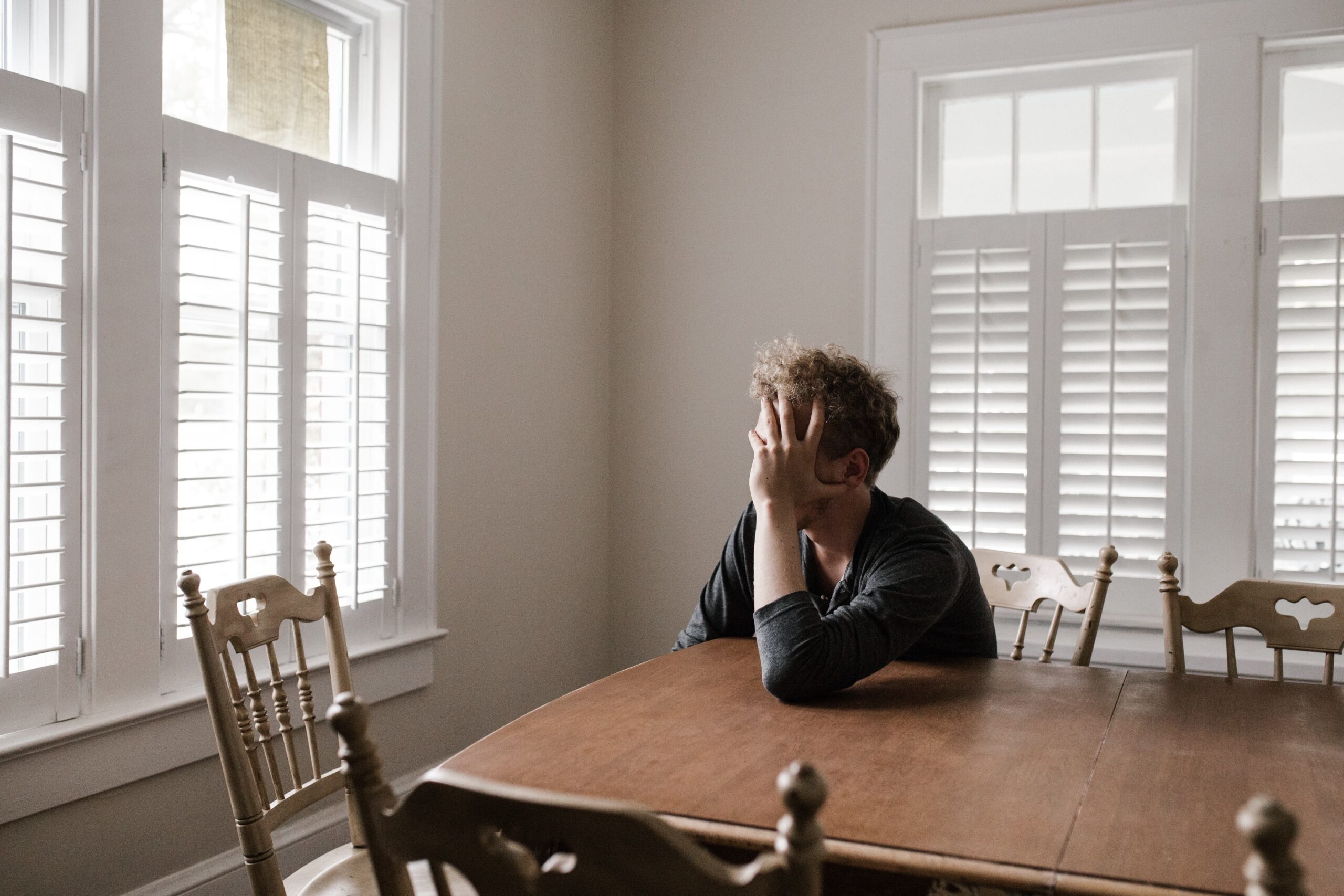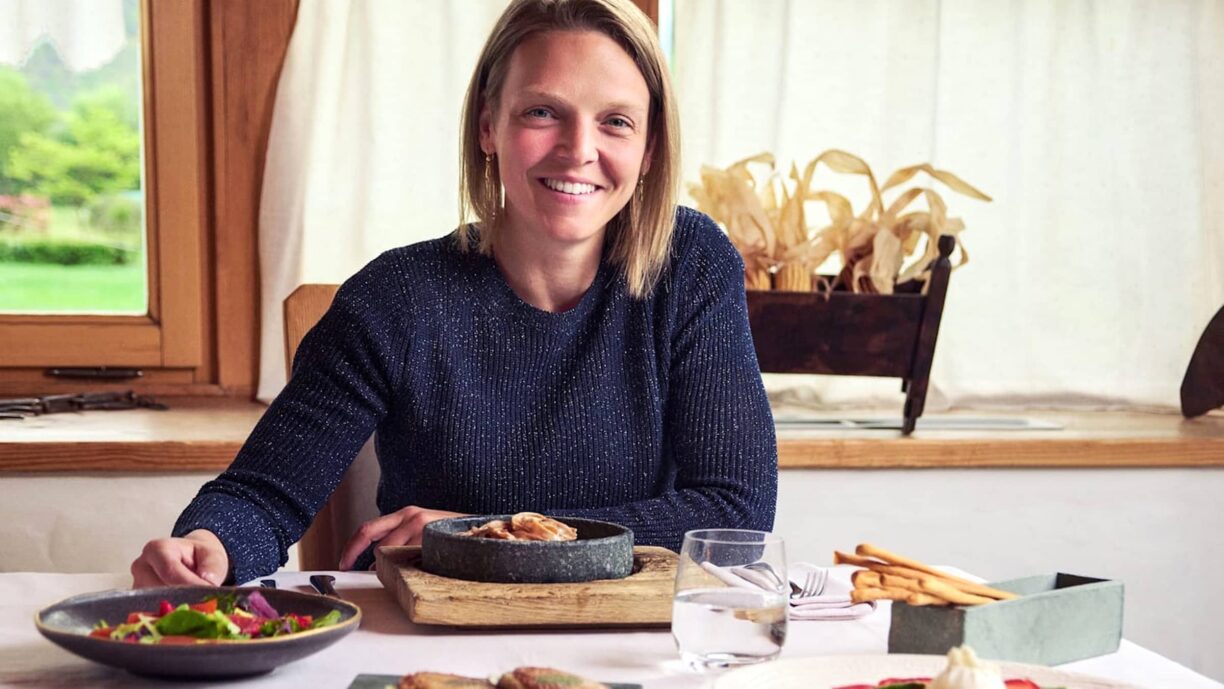It isn’t just our physical health COVID19 has impacted, diminishing mental health has been witnessed all across the world during the pandemic.
A study by RTT has shown a significant rise in those who are seeking online help while they are struggling to cope with the uncertainty of this period.
The study also revealed that the use of wellbeing apps, such as Headspace, Calm and Better Help has grown in popularity by to 100% this year within the USA, proving that many are reaching to new avenues to help with the mental health and large numbers of those who experienced not mental health concerns previously are now requiring assistance.
While traditional therapy is always recommended for anyone with mental health worries, this isn’t always available.
Social distancing guidelines have prevented many services from continuing and online therapy sessions are at such great demand, waiting lists can be long.
We discuss some of the ways you can look after your mental wellbeing during COIVD19 to help keep minds at ease as much as possible, prevent further problems developing and giving short-term respite until therapists can operate as normal again.
Staying At Home
No one predicted just how long many of us would have to be confined to our own homes.
Different nations have varying sets of guidelines to be following, but the common theme is for everyone to stay at home as much as possible to reduce the spread of the virus and keep vulnerable people safe.
Without regular social activities, mental health can quickly deteriorate and with many furloughed or losing their job, a sense of routine and productivity have been lost.
Reestablish rhythm by creating a new daily routine. Continue to wake up at the same time as if you were having to go to work or school, even if you really don’t want to get up, staying in bed and ruining your sleeping pattern isn’t a good start.
Create daily schedules, just as you would have on a ‘normal’ day, this could be starting the day with a walk or exercise, followed by a set time for entertainment (so you don’t end up binging too much).
Setting the same time each day to practice mindfulness in whatever form suits you best can really help.
Make sure you do at least one productive thing each day to give yourself a sense of purpose, this could be anything from clearing out cupboards, a bit of DIY just doing the washing up.
Coping With Loneliness
This is one of the most common mental health issues in 2020, loneliness is growing at a rapid rate.
This is exclusive to those living alone, those who live with family or friends are still experiencing feelings of isolation and loneliness with not being able to see extended family or friendship groups, especially if they live a distance away.
Not being able to have physical contact with those outside households or support bubbles is one complaint many are saying is the worst element of lockdown.
Loneliness is said to be as detrimental to physical health as smoking 15 cigarettes a day and can quickly take its toll on all of us, even if there are no other health issues.
Regular contact with loved ones is the best way to reduce feelings of loneliness, video calls, text and phone calls can help show loved ones you are thinking of them and help to improve wellbeing.
Seeing loved ones struggle while not being able to provide the physical contact is something that many are seeing and this can impact their own mental health as they can feel inadequate.
The study by RTT revealed there has been a surge in online searches for ‘becoming a therapist’.
The public may be wanting to become a therapist, but it could be for other reasons as to why these searches are rising.
Becoming a psychotherapist searches can provide a wealth of knowledge on how to help those with mental health issues and can even provide expert resources on how to approach certain problems.
While it takes years of hard work and training to become a therapist, in the short-term, the education that can be found online can help make a difference for struggling loved ones.
Parenting During COVID
More time with children at home is common now, even with school open, many children’s clubs and activities are not open, meaning parents are not having their well-needed breaks from children for months on end.
As a parent, it’s crucial to remember that it’s ok to take a break from children. There is no shame in asking a partner to take them elsewhere for an hour or two while you relax and enjoy some ‘me’ time.
If your children are old enough to look after themselves for a short period, let them know that you need your own space, but make it clear that you still care and love them and that adults need alone time.
This will help them understand why you don’t want to be disturbed but making sure they don’t feel like a burden.
Children also need to learn to entertain and motivate themselves, while also enjoying and quieter times.
Create a dedicated space for your kids for them to enjoy some reflective time, without screens and toys. A reader corner is the perfect example of this and creating this will be a great activity for lockdown.
Educating from home has been a struggle for every parent, don’t feel guilty if you haven’t been able to keep up with curriculums.
Firstly, teachers will understand that everyone teaches and learns differently and they can help your kids once they are back in school with anything they have missed.
Short-term solutions are great but remember, they are not a replacement for professional therapy.
If you are struggling, reach out as soon as possible, even if you are unable to attend sessions now, phone calls can also help with a professional.
The sooner you reach out, the better.





